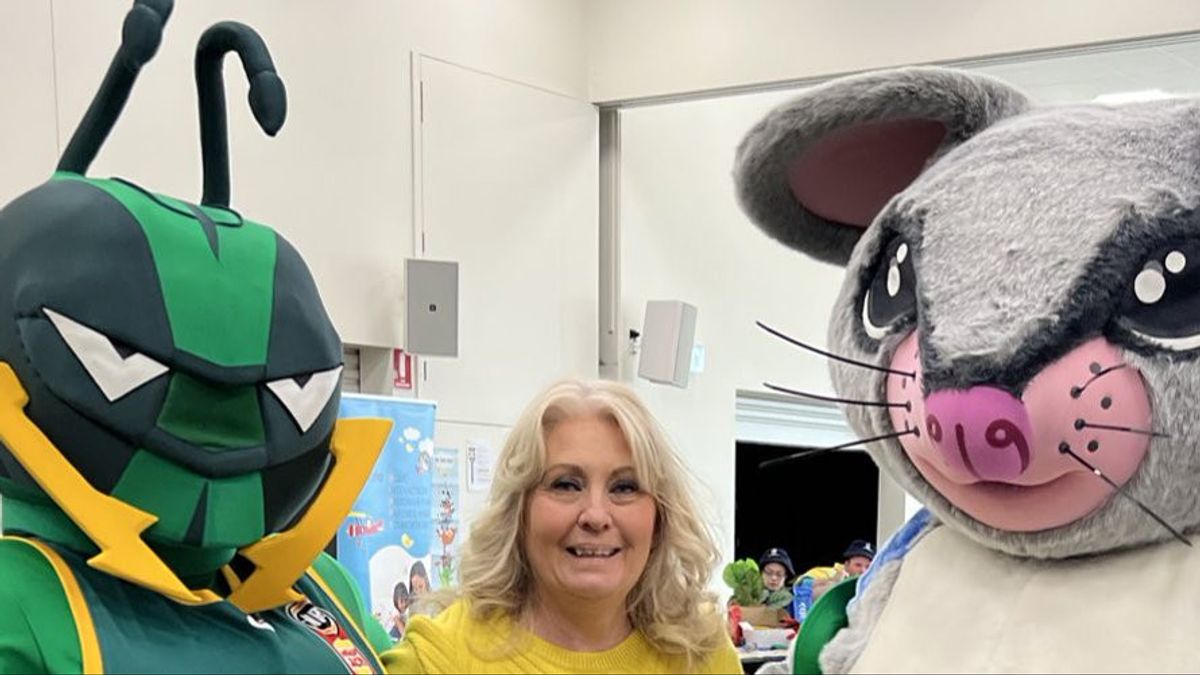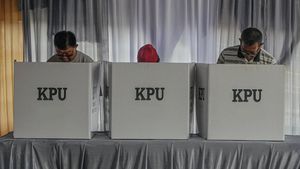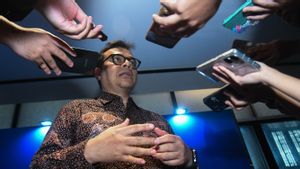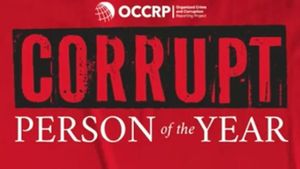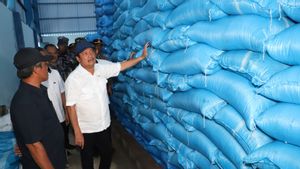JAKARTA The Australian Parliament is increasingly approaching the implementation of a ban on the use of social media for children under the age of 16 after the Draft Law (RUU) was approved by the House of Representatives with a vote of 102 votes in favor and 13 in rejection. This move, which includes the world's strictest social media control, is expected to be law before the end of the year parliamentary session on Thursday 28 November.
The bill requires social media platforms such as Google, Meta, TikTok, and X (previously Twitter) to implement a strict age verification system. If it violates systematically, the company can be fined up to USD 49.5 million (approximately IDR 500 billion). The Australian government also plans to pilot an age verification system that can include biometrics or government identification.
Prime Minister Anthony Albanese, who faced a decline in popularity ahead of elections in May 2025, stated that excessive use of social media poses a risk to children's physical and mental health. The ban also aims to provide protection to families from cyberbullying threats and other negative effects of social media.
However, this policy sparked heated debate. Supporters state that children under 16 are too young to face the risks of the digital world. Meanwhile, opponents, including young people and advocacy groups, said the ban limited children's right to express and interact socially.
The latest Support and Criticism of YouGov shows that 77% of Australians support this ban, up from 61% in August. Big media such as Australian Broadcasting Corp and News Corp also support this move with a campaign titled "Let Them Be Kids".
SEE ALSO:
However, parties such as Australia's Human Rights Commission oppose this bill, arguing that the policy violates children's right to freedom of expression and social participation. Big tech companies, including Google, Meta, and TikTok, called on the government to postpone the implementation of this law until the age verification system is tested by mid-2025.
The impact on theJenny Branch-Allen family, the president of the Australian Parents Council, called this move an important response to family concerns. "Let's try to reduce incidents involving social media and young people in Australia," he said.
However, for children like Enie Lam, a 16-year-old student in Sydney, this ban is actually considered counterproductive. "I know that excessive use of social media is not good, but this ban is not a solution," he said.
The bill is now entering the debate stage in the Senate, which will determine the future of one of Australia's most controversial social media policies.
The English, Chinese, Japanese, Arabic, and French versions are automatically generated by the AI. So there may still be inaccuracies in translating, please always see Indonesian as our main language. (system supported by DigitalSiber.id)
